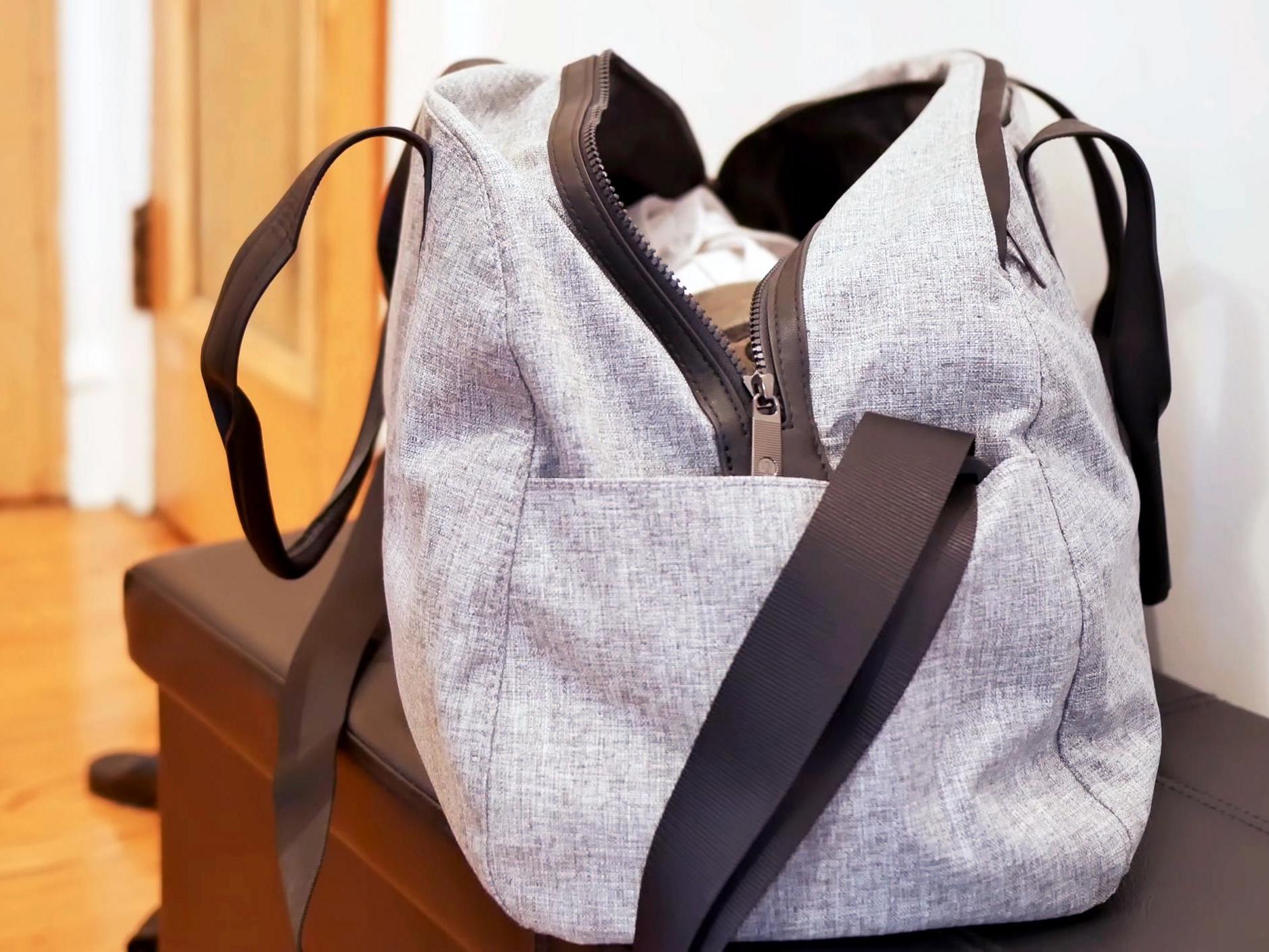Mea Culpa: Is it a bag? Is it a coat? No, it’s a town in Belgium
John Rentoul on questions of style and usage in last week’s Independent


We reported on Friday on Tara Reade’s allegation that Joe Biden sexually assaulted her: “She told CNN that when she worked for Mr Biden as an aide in 1993, he asked her to deliver a duffle bag to his office.” I have always spelt it duffel, so I assumed this must be an American style.
Perhaps, I thought, I should add it to a growing list of inconsistencies caused by the increasing volume of The Independent’s reporting of the US provided by US writers. (The same article said The Independent had “reached out to” Mr Biden’s office for a comment, whereas the British English style is “contacted”.)
However, further research – that is, looking it up on the internet – suggested that “duffel” is the common spelling in the US, with “duffle” more common in Canada and Australia.
As ever, I take refuge in the Oxford dictionary. It says the word dates from the mid-17th century, and comes from Duffel, the town in Belgium where the heavy cloth was originally made. You can almost hear the disapproval in the addition: “Also duffle.” I think we should stick with the name of where it came from.
Ouch: In a report on corporal punishment in Saudi Arabia, we wrote: “Flogging has been a sore point for Saudi officials since 2015 ...” Thanks to Mick O’Hare for pointing it out. If we had done it on purpose, it would have been worthy of congratulation.
Up in the air: On Wednesday we said: “Alcohol poisoning has skyrocketed in Iran amid the coronavirus pandemic.” This really ought to be pickled and preserved in the Museum of Journalese as a fine example of the kind of language that occurs only in news reports. “Skyrocketed” is an old favourite, because it implies the existence of other kinds of rocket, perhaps under the sea or burrowing deep into the ground. And I have written recently about the use of “amid” when “in” would do perfectly well in normal English.
Pre-prepared hyphens: In a comment article about Keir Starmer, we said that the view that he should avoid party politics in his response to coronavirus “will be strongly-held among the working-class supporters who switched from Labour to the Tories”. It is an old rule that you don’t need a hyphen after a word ending in -ly, because that ending does the job of the hyphen in tying the adverb to the verb that follows.
In recent years, The Independent has become more sparing of hyphens altogether, and we try to use them only where needed to avoid ambiguity, so there was even less reason to use one here. We could probably have got away with “working class supporters” too.
Later in the same article we contrasted the new Labour leader’s style in the House of Commons with that of Jeremy Corbyn, “who mostly stuck to his pre-prepared six questions”. The “pre-” prefix here is tautological, to be pedantic, because preparation is something you do in advance. But I think “six prepared questions” is more elegant anyway.
Join our commenting forum
Join thought-provoking conversations, follow other Independent readers and see their replies
Comments